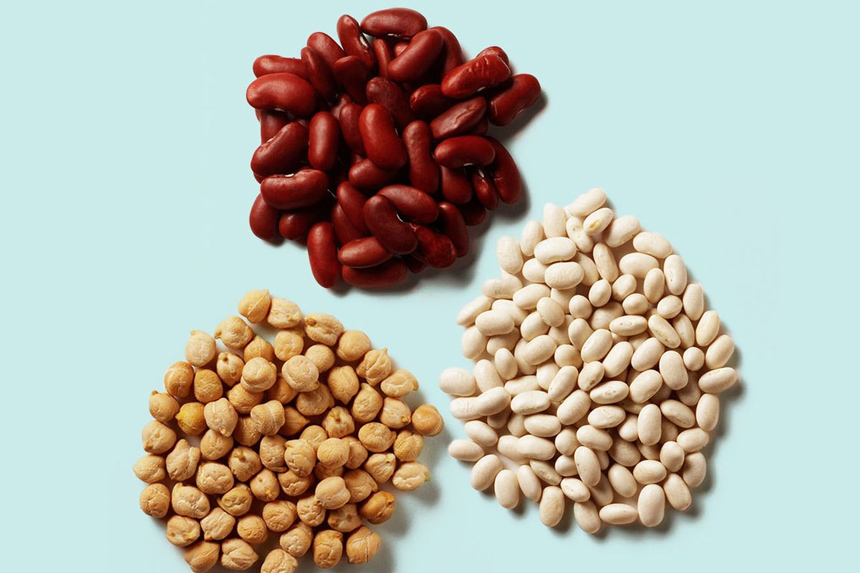Beans

Beans, particularly red kidney beans, are rich in lectins, including phytohaemagglutinin (PHA), which has antiviral properties. Some lectins in beans resist digestion and can enter the circulatory system, posing health risks. Proper cooking is crucial to reduce these risks and harness the nutritional benefits of beans.
Beans are a valuable protein source but require careful preparation to minimize their lectin content. The health benefits of beans, including their antiviral properties, can be enjoyed safely by ensuring they are thoroughly cooked.
Tomatoes

Tomatoes, rich in the antioxidant lycopene, also contain lectins that can bind to the intestinal villi. While no adverse effects have been observed from these lectins, removing seeds from tomatoes can reduce their lectin content, making them safer for consumption.
The presence of lectins in tomatoes, a non-starchy vegetable, highlights the complexity of lectin content across different foods. Although tomatoes offer significant health benefits, especially for skin protection against sun damage, those sensitive to lectins may need to consider how they prepare and consume tomatoes.





